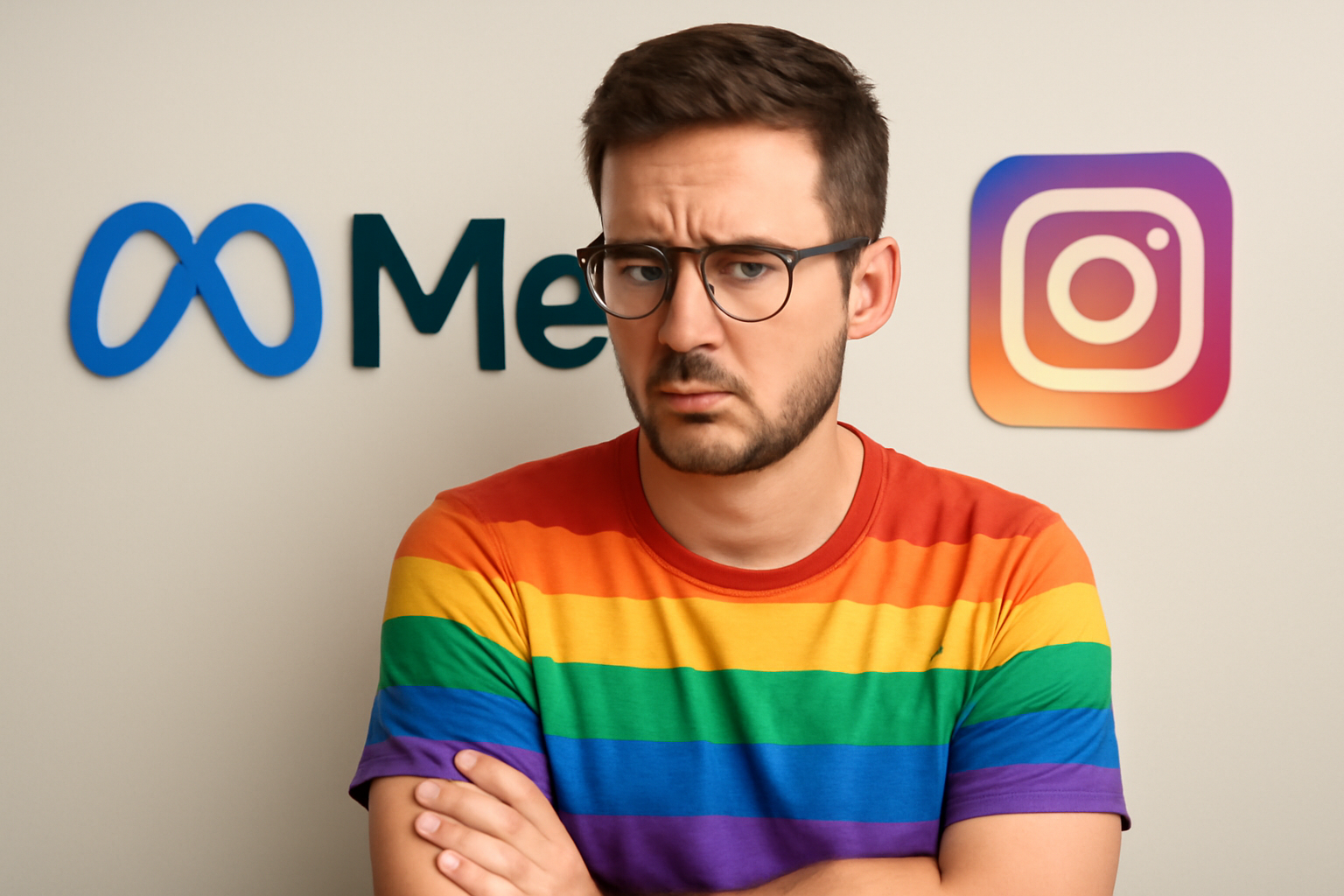
What Meta's doing with content moderation
On January 7, Mark Zuckerberg, Meta's CEO, rolled out plans aiming at reshaping their "free expression" strategy on platforms like Facebook and Instagram. So, what's changing? For starters, they're dropping independent fact-checkers and stepping back from moderating hot-button issues like immigration and gender. Instead, they're bringing in a community notes system similar in style it seems, X — Elon Musk's platform. One change that really caught fire lets users tag LGBTQ+ folks as "mentally ill" just based on their sexual orientation or gender identity. It's no wonder human rights groups are raising alarms and speaking out against this.What Meta's oversight board thinks
Helle Thorning-Schmidt, who co-chairs Meta's Oversight Board and used be Denmark's prime minister, didn't hold back her concerns in a chat with BBC's Today program. She pointed out how dangerous these new policies could be, particularly threatening gender rights and LGBTQ+ individuals. She said, “There are big problems with what Mark Zuckerberg announced, which highlights why an oversight board's role matters. We're watching closely, especially since hate speech on a site can spark real-world problems." Even while she sees that simplifying systems at Meta and cutting down "too much enforcement" might help, Thorning-Schmidt assured everyone that they're keeping a close eye on how these changes hit vulnerable groups.Why an oversight board matters
The Meta Oversight Board works as an independent check that users can turn if they're unhappy with content decisions on Facebook, Threads, or Instagram. It includes figures like Nobel Laureate Tawakkol Karman and writer Khaled Mansour. Their job? To ensure someone holds Meta accountable and things stay transparent.Zuckerberg's back-to-basics vision
Zuckerberg, in a video, explained that Meta wants a "return-to-roots" strategy—trimming down policies, smoothing out errors, and boosting free speech. He said, “We're cutting out fact-checkers. We're going with community notes, starting in America,” due in part, he notes, because outside moderators sometimes bring bias. Plus, he threw shade at "governments and traditional media" who he says push censorship, explaining that Meta's new method aims at sidestepping these forces. Yet, critics are saying these changes may be about getting in good with Donald Trump if he heads back toward a White House spot—Zuckerberg might be trying not just follow Musk's example, but also dodges Trump's frequent claims that social media silences conservative voices.Industry voices on Meta's policy revamp
Tech journalist Kara Swisher didn't mince words, calling Meta's move "cynical." Catching up with BBC herself, Swisher said, “Facebook looks after its own. Zuckerberg's rushing, trying maybe get on Trump's good side and mimic Musk's playbook." We're all still waiting on how these changes will shake out, but if first takes tell us anything, Meta's likely headed towards some heated debate and spotlight scrutiny. As they steer this new path, conversations about rights, content moderation, and finding that sweet spot between speaking freely and keeping people safe will only grow. These shifts underline why we need careful watching and checks in this big, tech-driven age, as everyone invests in figuring out what these means real-world communities gathering across Meta's reach.Related Posts
"The Aunties" Showcases the Vital Role of Black Queer Intergenerational Bonds
In 1994, Paulette Green and Donna Dear embarked on an exciting new journey by purchasing Mt. Pleasant Acres Farms. This sprawling 111-acre property, tucked between Chesapeake Bay and Atlantic Ocean, isn't just a piece on a map—it holds historical importance as a stop on Harriet Tubman and her friends' legendary Underground Railroad. Over time, this land has become more than just a home; it's a s [...]
Federal Government Challenges California's Policy on Transgender Athletes
There's a lot going on lately with a big legal skirmish between California and Uncle Sam over transgender athletes in sports. This hot-button issue has sparked nationwide chatter, touching on big themes like equality, states' rights, and transgender rights. What's behind all this? It all kicked off when California rolled out a policy letting transgender athletes compete based on their gender ide [...]
Controversy Sparks Over Trans Rights Pamphlet at Kids' Party
A well-known British cosmetics brand recently found itself in hot water after a leaflet on transgender rights accidentally made its waysinto children's birthday party gift bags. This mishap has stirred up quite a storm, especially among conservative circles, who are none too pleased with this unexpected addition. What happened and how people reacted Accordingto reports from several UK media sour [...]